What is the impact of the Year of Return on tourism in Ghana in terms of the number of tourists and additional income created? What are your expectations for the entire year?
The Year of Return was an opportunity to showcase what Ghana stands for in terms of the African Diaspora and our heritage, and the tourism product that we have to offer. Ghana boasts 35% of the forts and castles built alongside the coast of Africa. Taking a cue from the US Congress’ H.R.1242 resolution, which commemorates the 400th anniversary of African-American history, we created the concept of the Year of Return. We hoped to win on five fronts.
First, we planned to increase the number of tourist arrivals from 350,000 in 2018 to 500,000 in 2019, within the basket of countries we take into consideration for this project, which includes America, the Caribbean, the UK and other markets.
Secondly, we focused on the media as tourism depends a lot on exposure. All the major international media outlets, from CNN to the BBC and African Business Magazine, have put a spotlight on Ghana. The country ranked as one of the top 19 destinations to visit on CNN in 2019. Essence Magazine partnered with the Full Circle Festival in one of the Year of Return-related events. Ebony Magazine covered the festivities. Media exposure has been phenomenal. It is not something we could afford to buy.
Thirdly, we obtained celebrity endorsement. We targeted top celebrities and approached them to see if they would be agreeable to the project. The goal was to create a sustained campaign.
The US Congressional Black Caucus, led by House Speaker Nancy Pelosi, visited Ghana to endorse the Year of Return and address our Parliament. We had Ghanaian/Jamaican wrestler Kofi Kingston, American comedian Steve Harvey, American producer Samuel L. Jackson, Austrian actor Boris Kodjoe, American businesswoman Bozoma Saint John, American actor Michael Jai White. All of them turned up. We had not had such a cast since the launch of the Panafest festival in 1992. At the time, the State invited Louis Farrakhan, Stevie Wonder etc. But this time, VIPs came to Ghana of their own accord and at their own expense. Many of them are planning to come back in December for the Year of Return’s closing festivities. Boris Kodjoe is one of them. Rumour has it that Beyoncé is coming. Ghana seems to be the place to go.
The fourth front was social media outreach. And last but not least, we tried to foster a proper reengagement between Ghana and the African Diaspora. This includes improving our visa regime and our tourism infrastructure, and making it easy for Diasporans to obtain Ghanaian citizenship.
How do you plan to follow up and keep tourists coming after 2019?
We have a project called Beyond the Return. It takes the initiative a step further, building on this year’s achievements. The first point involves boosting Diaspora investments. We are working with GIPC to see what products we can roll out specifically for the African Diaspora.
The second point has to do with the citizenship issue. The President has indicated that he would grant citizenship to 200 people this year, the highest number ever. We intend to link the granting of citizenship to investments after 2019. We will make it a yearly activity and give out clear guidelines so people know exactly how to qualify.
The third point is real estate and the issue of land ownership. The African Diaspora needs to have access to land when they return. A number of enclaves are under consideration to serve as Diaspora villages. The Chief of Asebu, in the Central Region, has offered land for the Diaspora. We plan to develop the infrastructure to prepare for their arrival. They will be able to own a piece of the Motherland when they return.
The fourth point is the creation of a proper birth-right journey. Muslims go to Mecca. Christians go to Israel. We want Ghana to become a proper pilgrimage site for the African Diaspora. They will submit to a ritual and go through a renaming ceremony. We will launch this product in 2020 as part of the Beyond the Return project.
The last point has to do with the ease of getting visas. We are working with the Ministry of Foreign Affairs and the Ministry of Interior to see whether Diasporans could have visas on arrival at the airport. One of the issues raised by foreign travellers is the time it takes to get a visa to come to Ghana.
The President has already approved free visas for nationals from the Caribbean and Jamaica. We shall see how this can be extended to more countries.
Tourists currently spend over $2,500 per stay, against $1,892 in 2017. What are your key initiatives to increase income from tourism?
We currently benefit from a World Bank project worth $40 million. Funds have been distributed between four areas. The first area is capacity building and skills development. We need customer service training to improve customer experience.
The second part focuses on upgrading tourism sites, over the period from 2018 to 2023. We are improving the heritage product cluster around the slave castles. Facilities need an uplift and we will add technology to improve delivery of the story.
The third initiative provides funds for Small and Medium Enterprises to develop branding and marketing of their beads and other arts and crafts products. Finally, privately-held sites can apply for funding as part of the grant.
With the spotlight we have put on Ghana, a number of people have expressed interest in investing in the tourism sector, with the Marine Drive Tourism Project, for example. There have been numerous enquiries, which is a good sign. The Project is expected to be a hub for tourism activities in Ghana with hotels, conference and entertainment facilities, residential properties, offices and shopping malls. The residential part of the project still seeks top brand hotels and developers, while tourist attractions and the amusement park need top international companies with experience and credibility in their field. They must qualify not only to set up the structure but also to run it and ensure proper maintenance so that it generates growth.
How much investment is needed to upgrade Ghana’s tourism facilities and where do you see it coming from?
Many sites are privately owned. Government tourist attractions which need minimal improvement were granted $15 million within the World Bank project, running from 2018 to 2023. This will cover basic needs. We understand the role of the private sector to develop tourism. The town of Ada, on the southeast coast of Ghana where the Volta River meets the Atlantic Ocean, saw the development of the Aqua Safari resort. Mole National Park in northern Ghana has the luxury safari hotel, Zaina Lodge. The Ghana Tourism Authority acts as an enabler for the private sector to invest in the development of tourist sites.
Are you targeting specific investor profiles and what incentives are you offering?
All the upmarket hotels are fully booked this December, during the Year of Return celebrations. Ghana lacks upmarket accommodation, especially in Accra, Kumasi and Cape Coast. During major festivals, Cape Coast does not offer enough hospitality options. Guest houses and budget hotels are available but people ask for international brands such as Marriott, Hilton and Holiday Inn. These are names they are comfortable with. We are studying ways of attracting these franchises. We will provide activities to keep hotels busy beyond the Year of Return and ensure a good return on investment.


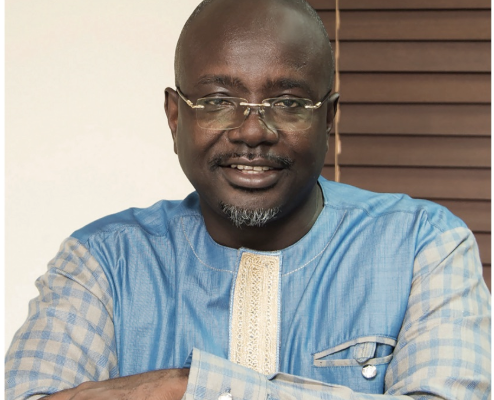
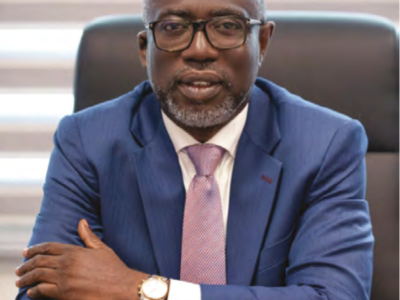
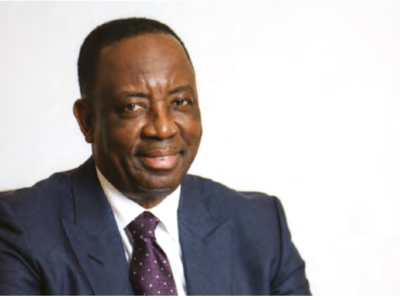
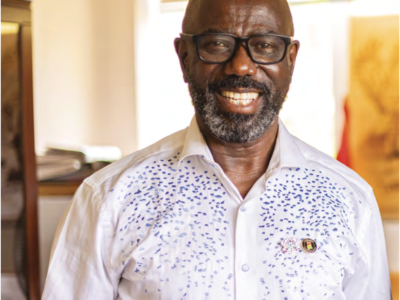
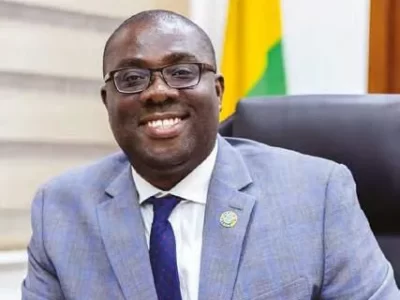
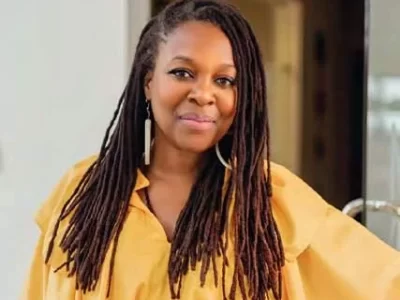
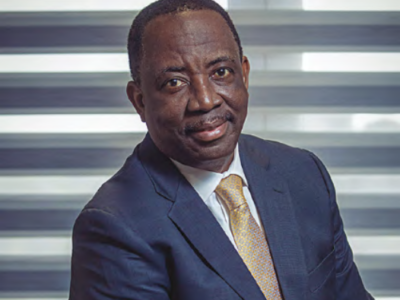
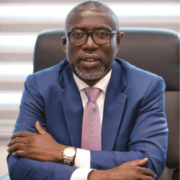
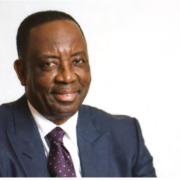
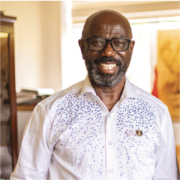
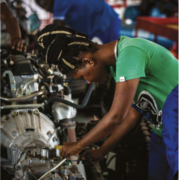
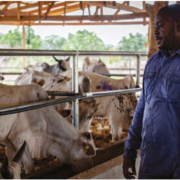
Comments